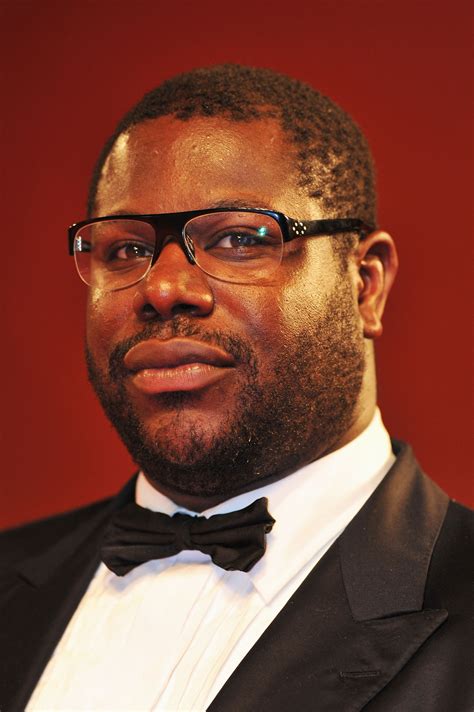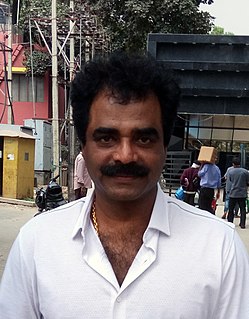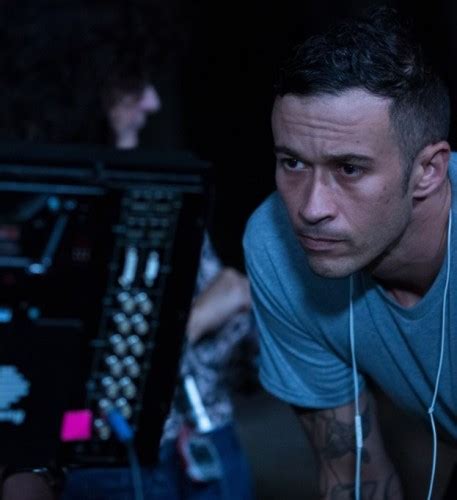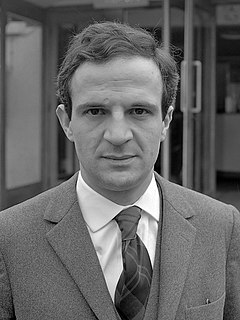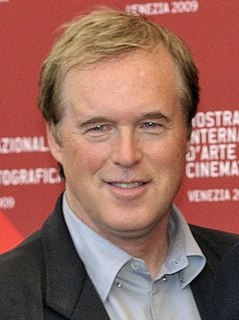A Quote by Mahesh Manjrekar
People are not coming into theaters to see movies. Audiences are making up their minds not to see films even before their release. It is a very sorry state of affairs.
Related Quotes
I want people to see my movies. My talent, my sensibilities are what people want to see in the movies... While I have the talent to make the kind of movies people want to see I want to continue to do that, keep making big pictures and make what I love. I’m really just making the films I want to see. There’s not a strategy.
When I started acting in the film industry when I was 16 years old, in 1980, I was going to all the revival theaters in Los Angeles. They were playing mostly films from the '60s and '70s, some from the early '20s and '30s, before that Hays commission. Those films did question things a lot, and there definitely was a switch in 1934. You can see very distinctly in 1934, it's harder to understand what the real culture was. Films made before 1934, you can really kind of see the racism, sexism, drug use, etc. that was going on at that time. And then it was all stopped.
Restoration is to some extent part of the digital age. These days, if you re-issue a movie in theaters or on Blu-ray, it has to be in high-quality condition: You have to restore. We plan a Paris cinema theater dedicated totally to classics. If we think there's an audience, we will release classics in theaters. People will discover that it's worth going to the cinema to see great movies of the past in perfect condition. I believe a lot in that.
Nowadays the movies that people are going to see in the theaters are the big-event movies, like Spider-Man or something, or they're 25-year-old models who are vampires, or they're very broad comedies, or they're standard action movies. So if you're going to work for a studio and do a movie for the budget that the movie needs, those are the kinds of movies you'll be in.
I came out of film school and went after movies that I thought audiences wanted to see or that the studios wanted, as opposed to the movies that I wanted. Over the last 10 years, I've gravitated more and more toward the films that I grew up loving - classic Spielberg, Lucas, James Cameron and Ridley Scott movies.
Even though it took forever to release a movie, and even though it's a small indie release, the fact that in five years someone will be skipping through Netflix, or Amazon, or whatever and say, "Wow, that was a really cool movie. That was a really great story. Or I was really creeped out, or intrigued by that." You almost kind of forget what it took to get there, or was it in the theaters or not. So that's kind of exciting as a filmmaker. That it doesn't really matter as much the release platform, as much as how can I see it?






